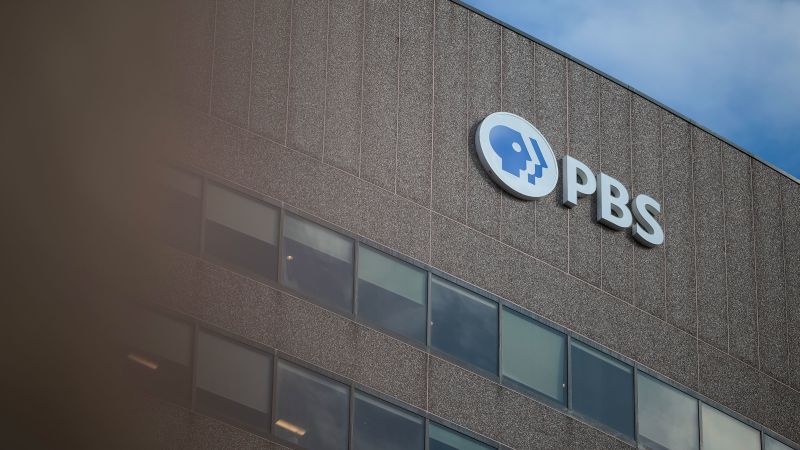Public Broadcasting Faces Existential Threat as Federal Funding Cuts Loom
Public Broadcasting Faces Existential Threat as Federal Funding Cuts Loom

Public television and radio stations across the nation are bracing for severe repercussions following a recent Senate vote to eliminate all federal funding for PBS and NPR. This move, a long-sought objective of former President Trump who criticized public media for alleged bias, is poised to devastate rural stations and smaller communities that rely heavily on federal subsidies.
PBS CEO Paula Kerger confirmed that stations will be forced into difficult decisions regarding layoffs and programming cuts. While popular shows like “Daniel Tiger’s Neighborhood” and “Sesame Street” are not disappearing entirely, the financial backbone that supported them for decades is being dismantled. The Corporation for Public Broadcasting’s budget, which has been in place since 1967, is expected to be zeroed out once the House passes the bill, as anticipated.
The $1.1 billion allocated for the next two years is set to dry up in the fall, prompting some local stations to already implement changes. WNYC in New York has restructured its leadership to focus on alternative funding models, while KQED in San Francisco has announced layoffs impacting 15% of its staff. Public media advocates argue these cuts will weaken the entire noncommercial system, leading to fewer original shows, reduced local news coverage, and compromised public safety alerts, which nearly three-quarters of Americans reportedly rely on from their public radio stations.
Disclaimer: This content is aggregated from public sources online. Please verify information independently. If you believe your rights have been infringed, contact us for removal.